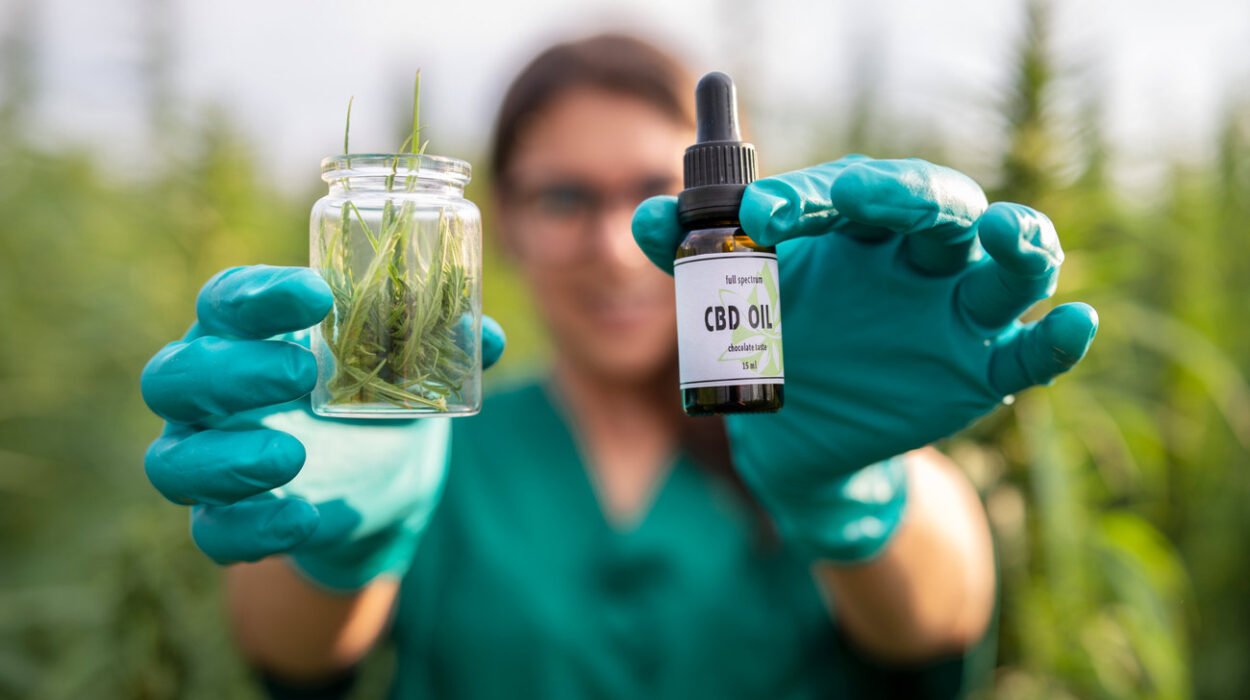If you’re building an online presence in the CBD space, nailing your keyword strategy is non-negotiable. With limited ad platforms, legal restrictions, and intense competition, your organic search visibility hinges on the keywords you choose. The good news? A solid keyword game plan can level the playing field — and that’s where CBD SEO becomes your secret weapon.
In this guide, we’ll break down how CBD companies can build a smart, scalable keyword strategy that drives both traffic and sales.
Why Keyword Strategy Matters More in the CBD Industry
Most industries can get away with a sloppy keyword approach — not CBD. Between limited advertising options and Google’s ever-changing algorithms, your CBD website optimization must be sharp from the start.
Great keywords will:
-
Match your buyer intent
-
Attract high-converting traffic
-
Help Google understand your topical relevance
-
Lay the groundwork for content, metadata, and backlinking
CBD brands that take keyword research seriously rank faster and attract customers with less spend.
Step 1: Start with Intent, Not Just Volume
Many new brands chase broad terms like “CBD oil” or “hemp gummies” — but those bring high competition and low conversions. Instead, segment your keyword research by search intent:
-
Informational: “What does CBD do?”, “Is CBD legal in the UK?”
-
Comparative: “Best CBD oil for anxiety,” “Broad vs. full spectrum CBD”
-
Transactional: “Buy CBD oil online UK,” “CBD gummies free shipping”
When building a site structure or blog plan, mix all three types to cover the full customer journey.
That’s where a skilled CBD SEO agency can help — by creating a keyword map tied to actual ROI, not just traffic.
Step 2: Target Long-Tail CBD Keywords
Don’t underestimate the power of long-tail phrases. They’re easier to rank for, more specific, and often closer to the buying decision.
Examples:
-
“CBD tincture dosage for beginners”
-
“Best CBD for menopause symptoms”
-
“Where to buy CBD oil for pets”
These terms may have lower monthly search volume, but the users are ready to act. That means faster rankings and better conversion rates — especially important if you’re new to the market.
Step 3: Segment Keywords by Page Type
Your homepage, collection pages, product listings, and blog posts all serve different purposes — so their keyword strategies should differ too.
-
Homepage: Branded and broad authority-building terms.
-
Product Pages: Product-specific phrases + modifiers like “organic,” “lab-tested,” or “full spectrum.”
-
Category Pages: Mid-funnel, comparative keywords.
-
Blog: Informational, long-tail queries that support internal linking and topical relevance.
A data-backed CBD content marketing strategy ensures you’re not just targeting random keywords — you’re aligning each one with its conversion stage.
Step 4: Consider Local and Geo-Targeted Keywords
If you ship regionally or operate a physical location, localized SEO is a must. Terms like:
-
“CBD gummies in Manchester”
-
“Buy CBD drops in California”
-
“Best local CBD store in Denver”
These aren’t national keywords — they’re conversion-ready and drive qualified leads in your area. This is the backbone of local SEO for CBD companies, and it’s how smaller brands can outperform national players.
Step 5: Watch Out for Restricted Terms
Not every keyword is fair game in the CBD world. Avoid overly medical or regulated language like “cure,” “treatment,” or “prescription.” These can result in:
-
Google penalties
-
De-indexing
-
Legal compliance issues
Use compliant, factual language backed by citations. A good CBD marketing agency will help you walk this fine line and still rank competitively.
Step 6: Use Tools to Monitor and Expand
The best keyword strategy isn’t one-and-done. It evolves with your audience, market trends, and Google updates.
Use tools like:
-
Google Search Console (track ranking improvements)
-
Ahrefs or SEMrush (find competitor keywords)
-
AnswerThePublic or AlsoAsked (source blog ideas from real queries)
Keep refining and adding new terms based on what’s working — and where your competitors are weak. A smart CBD SEO expert will keep this keyword pipeline full.
Bonus: Don’t Forget Metadata and Internal Linking
Once you’ve chosen your keywords, make sure they’re applied correctly:
-
Title tags & meta descriptions
-
H1 and subheadings
-
Image ALT tags
-
Anchor text for internal links
Don’t overstuff — but do use your target phrases naturally and intentionally. That’s where high-quality CBD SEO services come into play — making sure you rank without tripping Google’s spam filters.
Final Thoughts
In the crowded, competitive CBD space, a smart keyword strategy is the difference between an invisible website and a revenue-generating machine.
Start with intent, build around your customer journey, and never stop testing. If you treat keyword research as a strategic asset — not just a box to check — your brand will be miles ahead of the game.
Because in the end, everything flows from search — and it all starts with smart, user-focused SEO for CBD.

